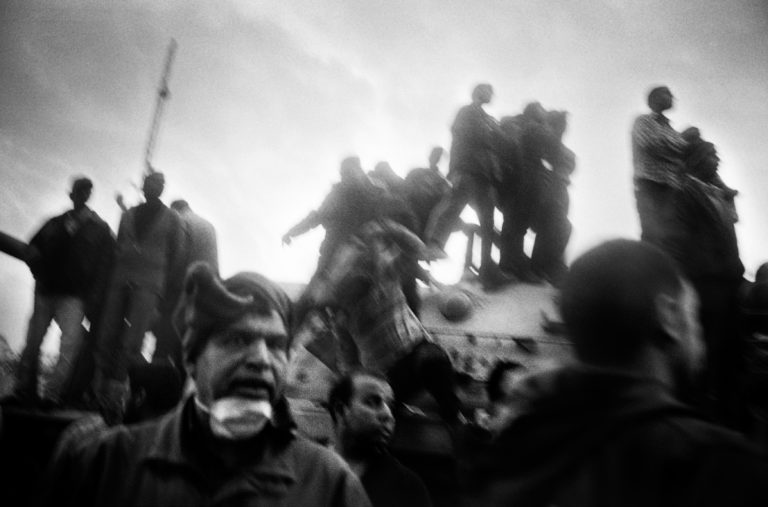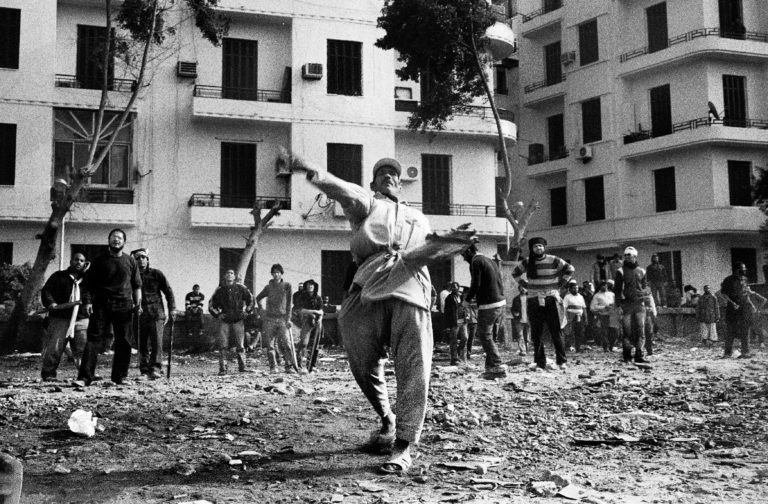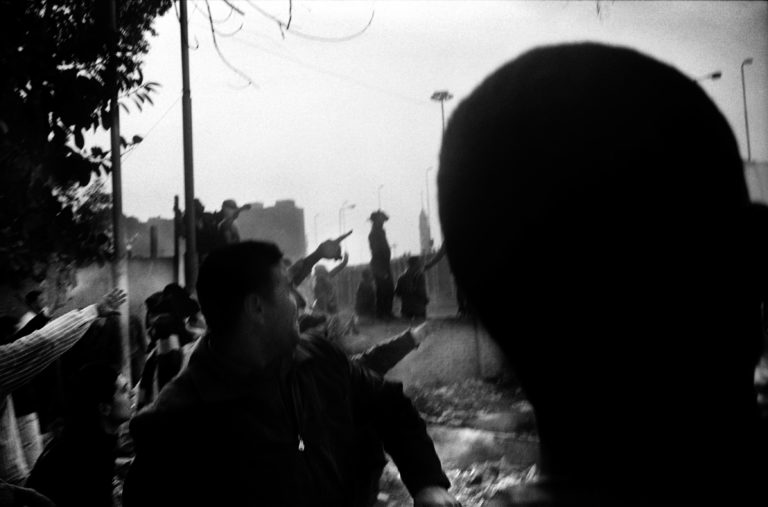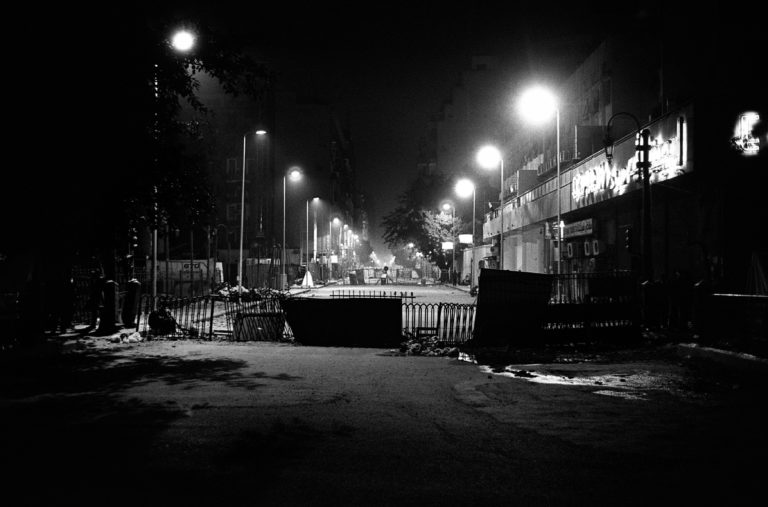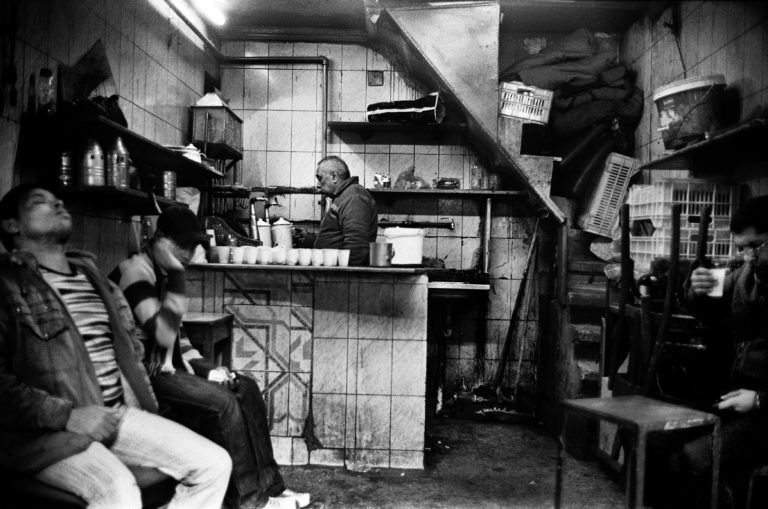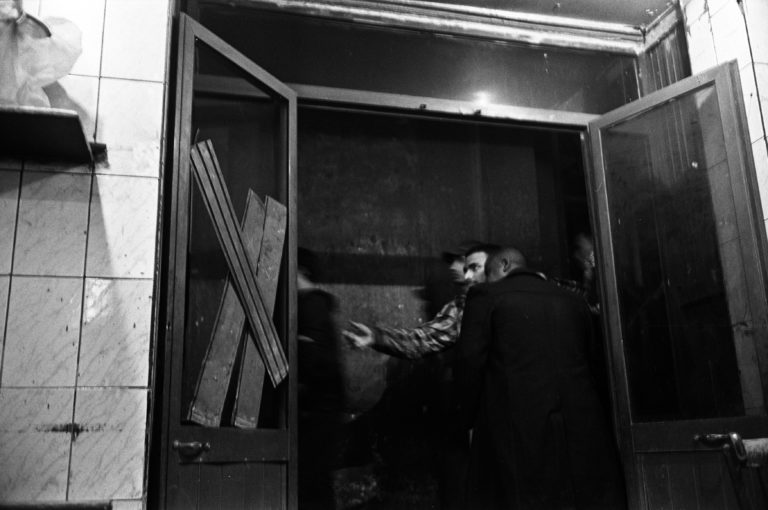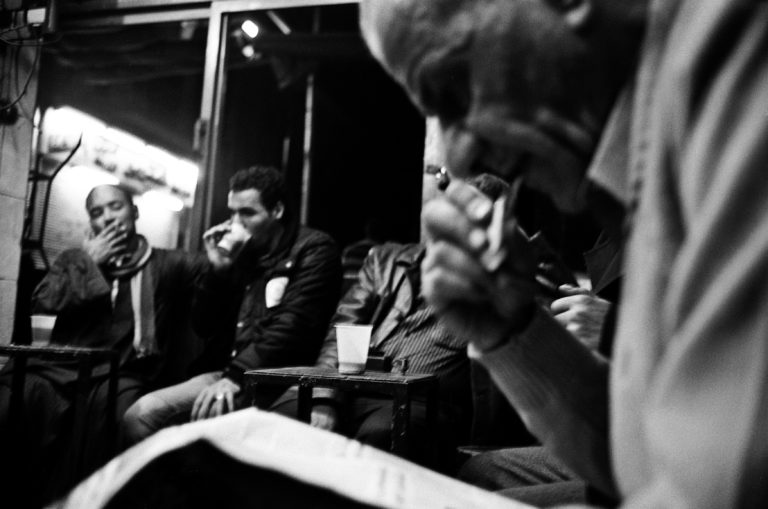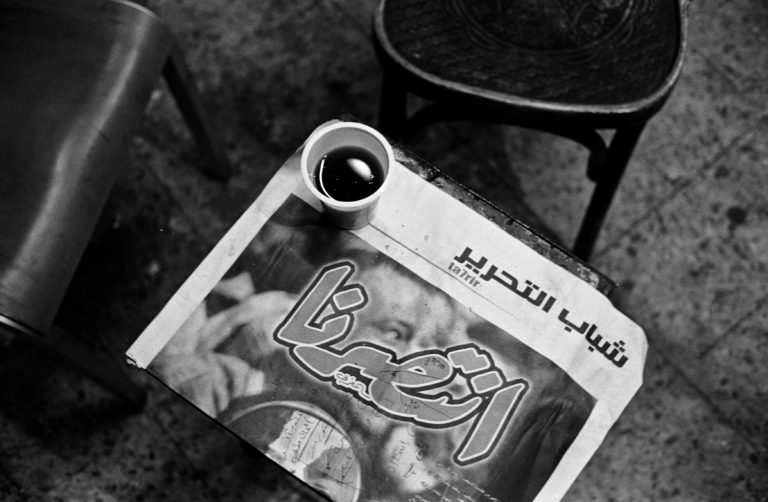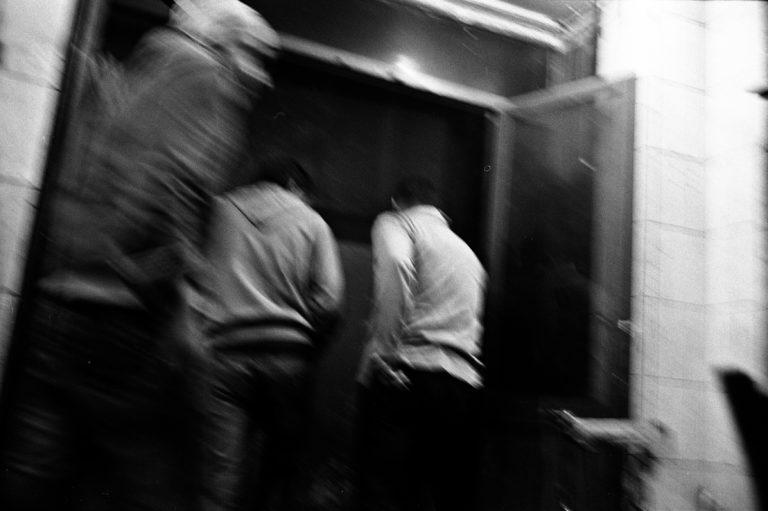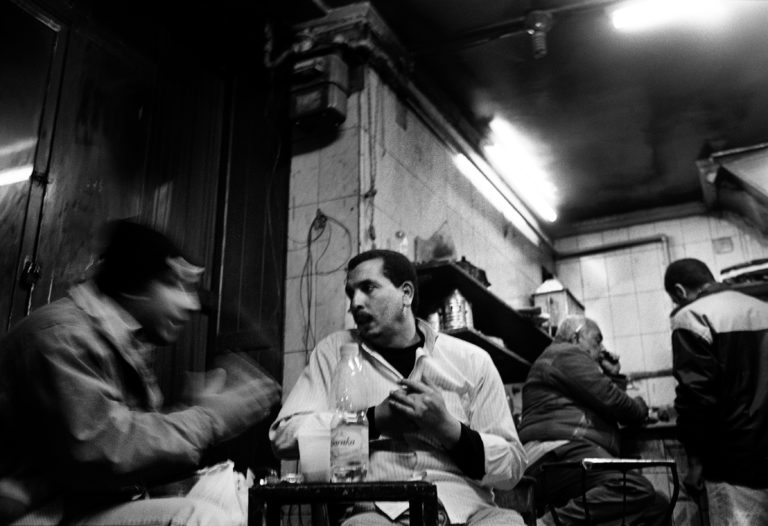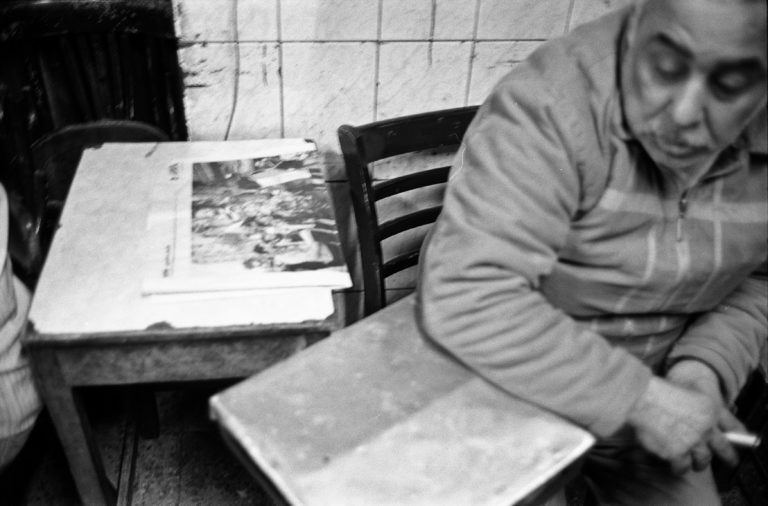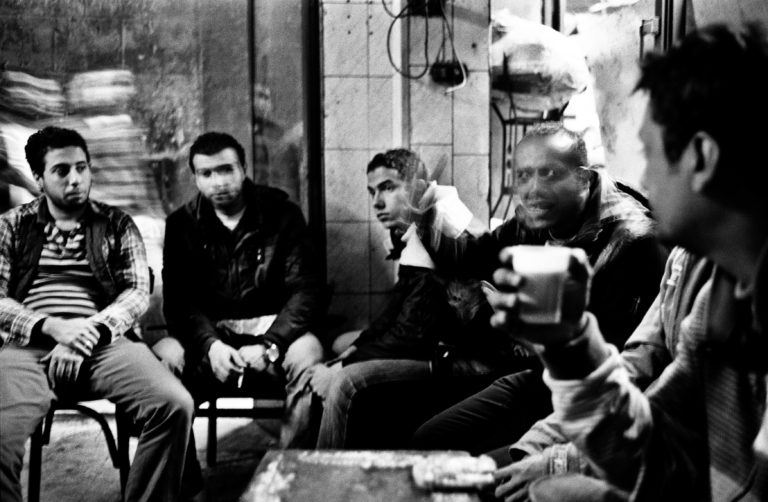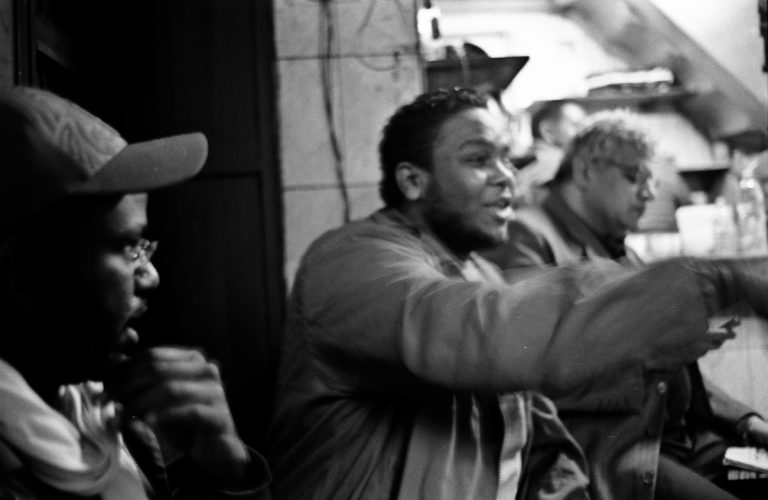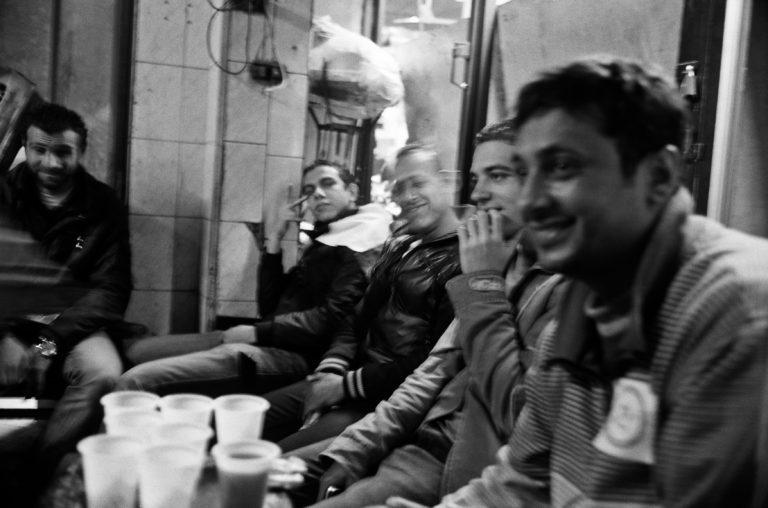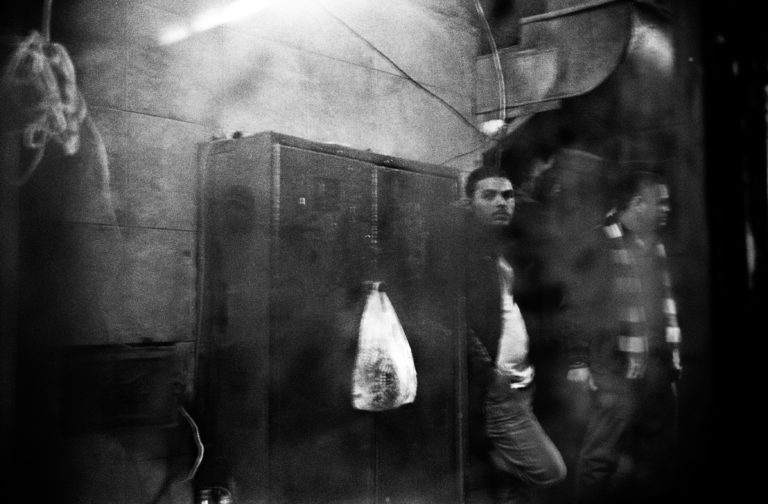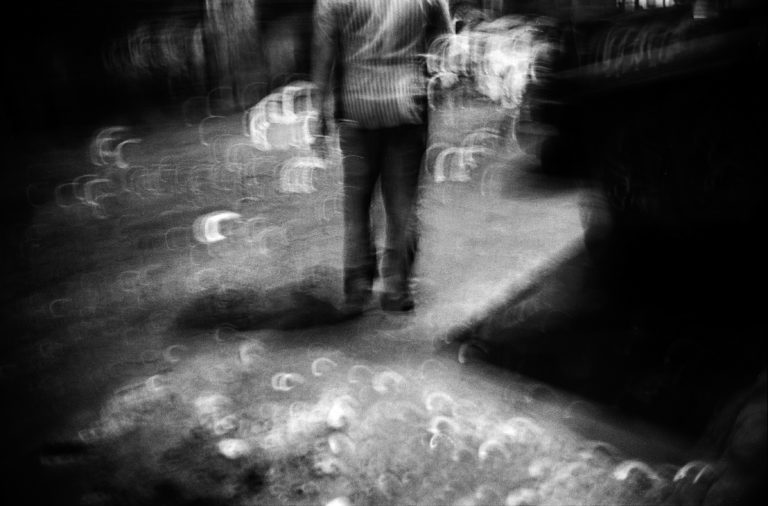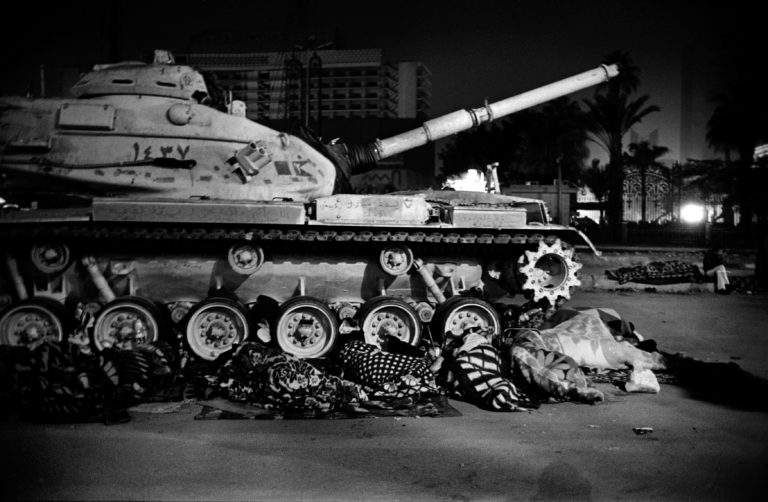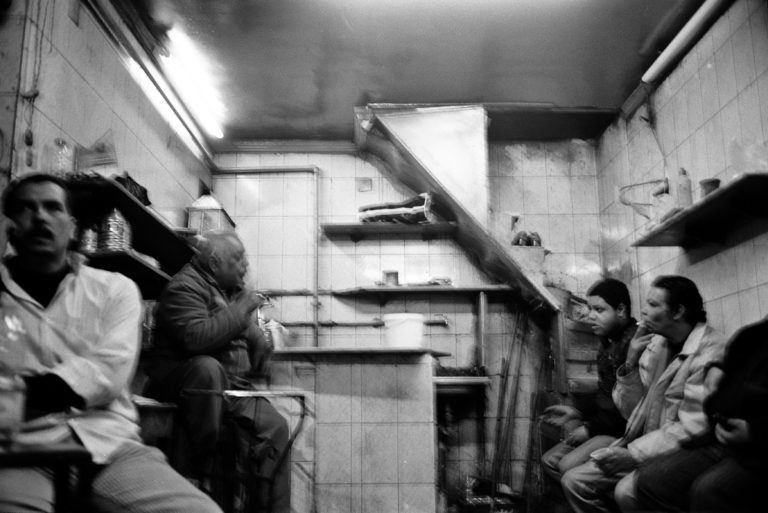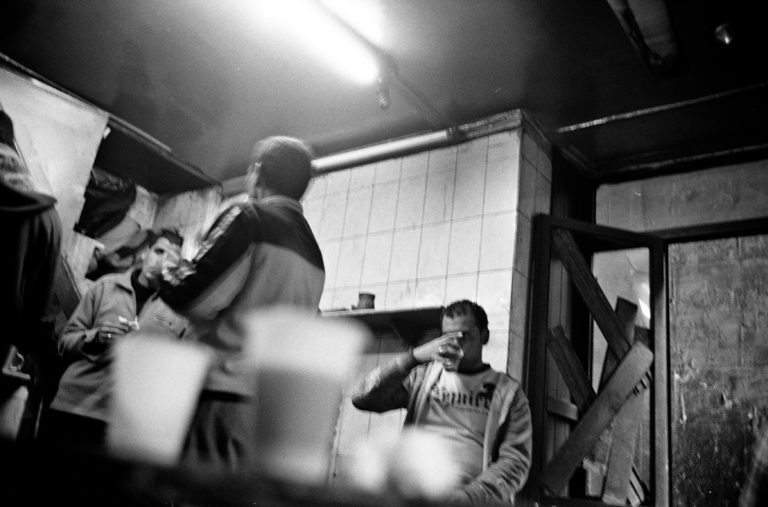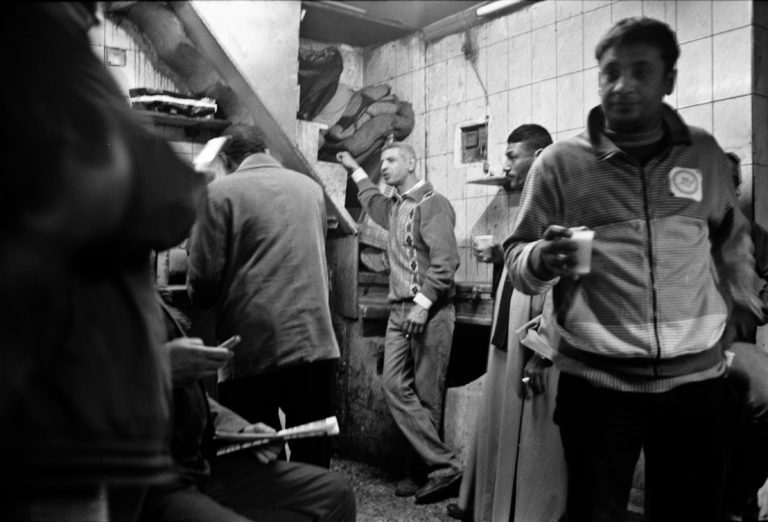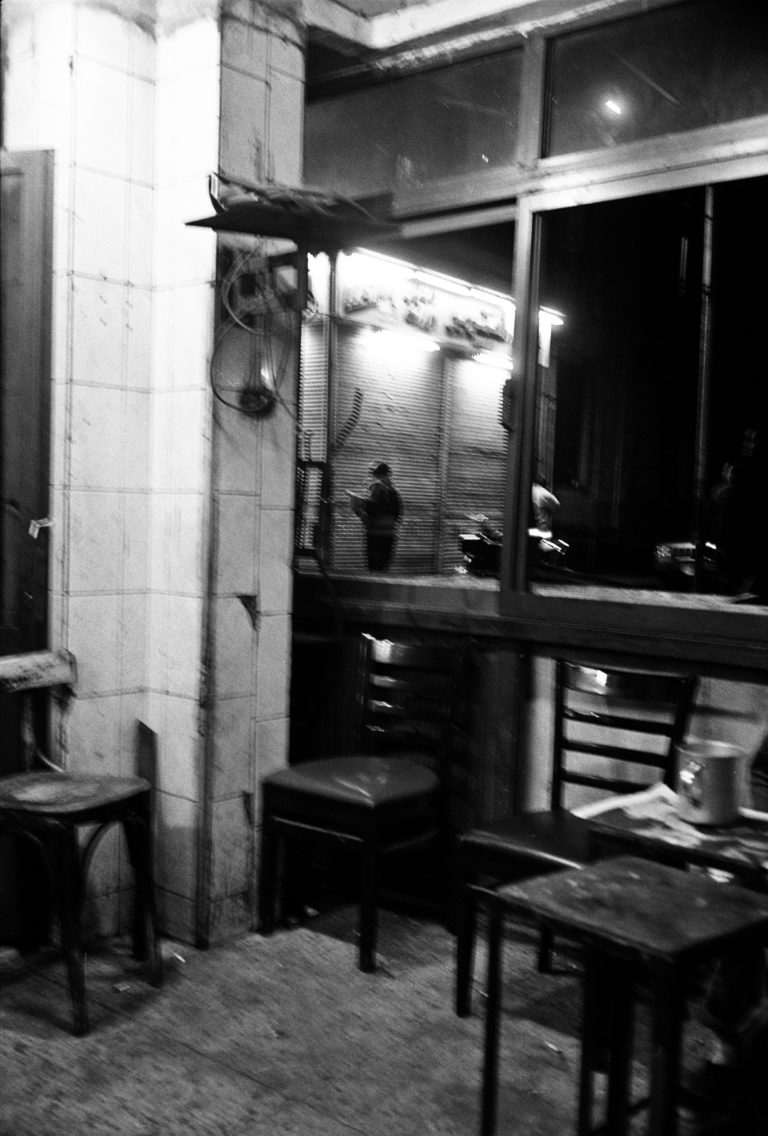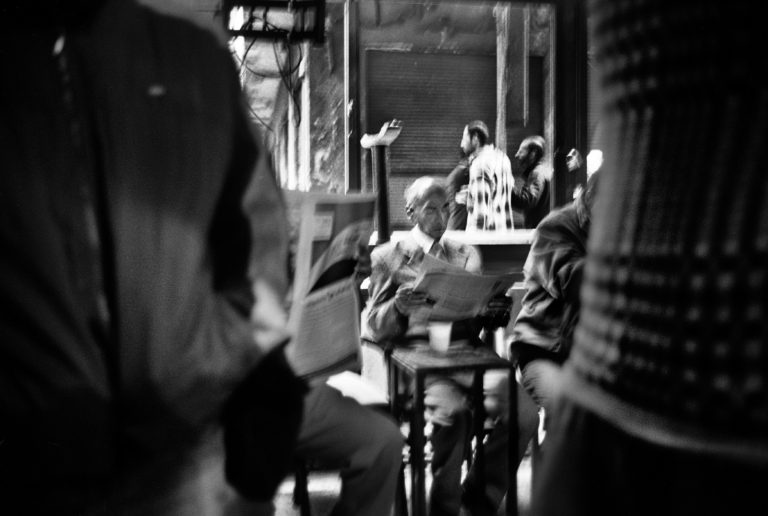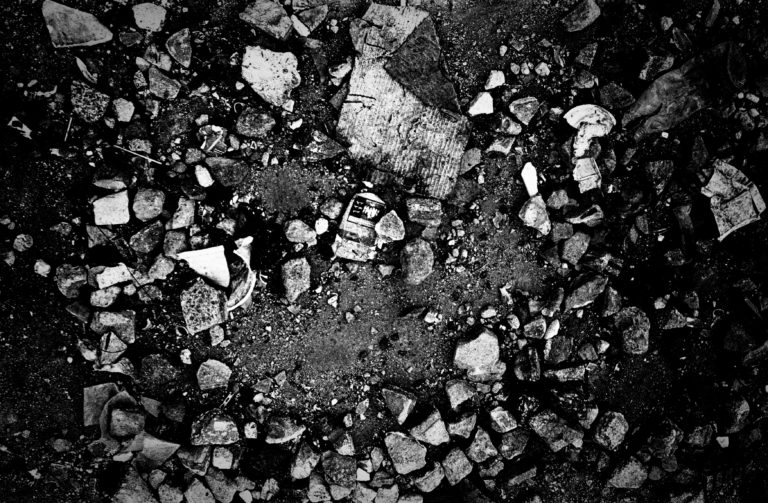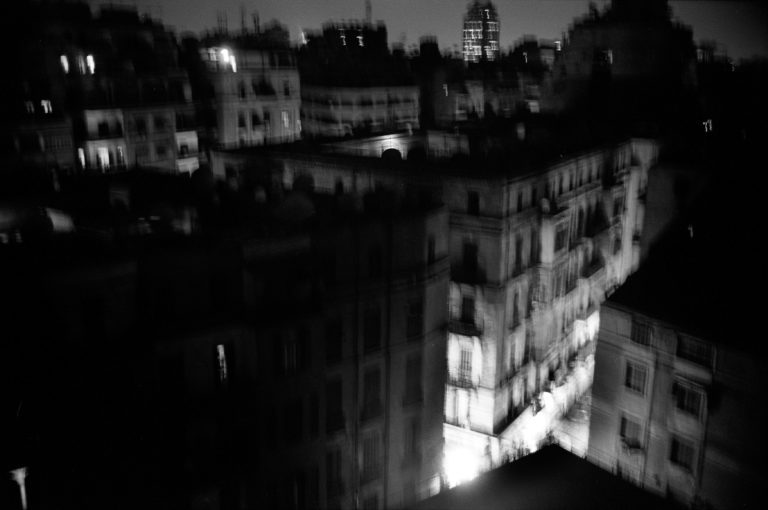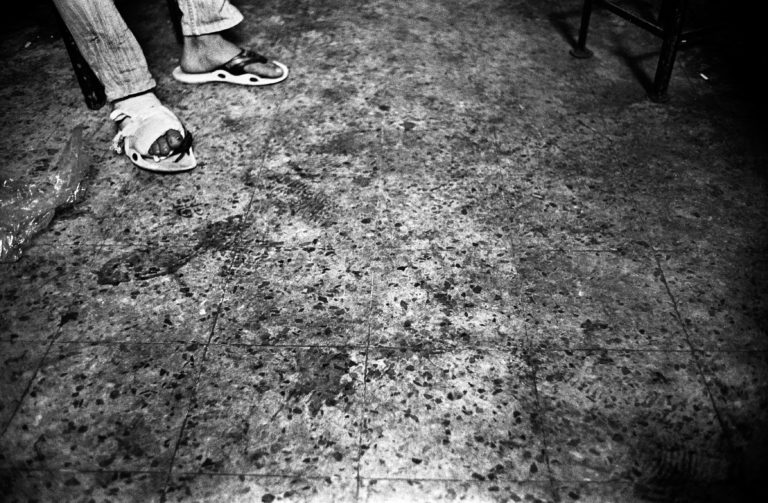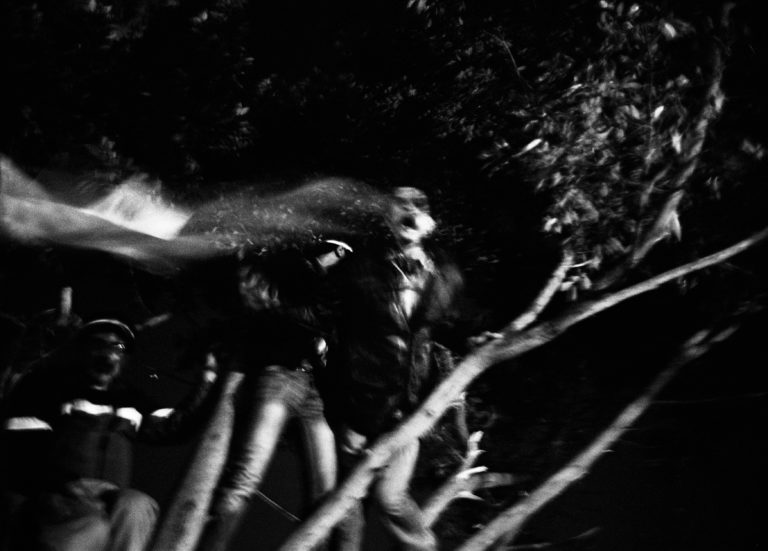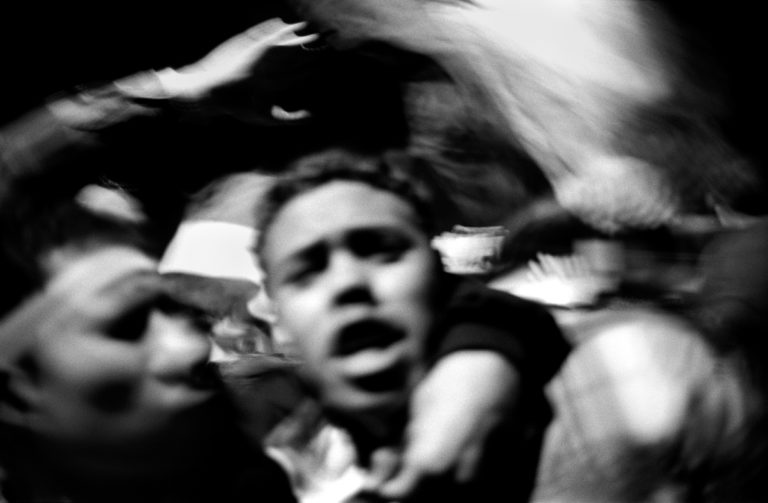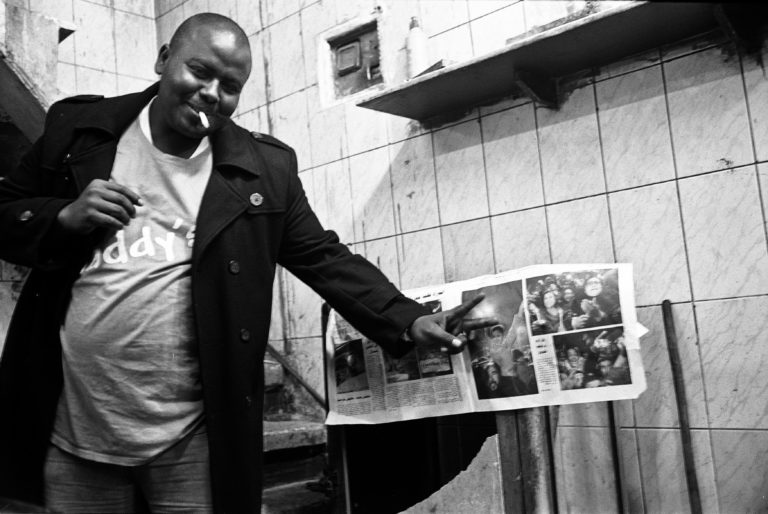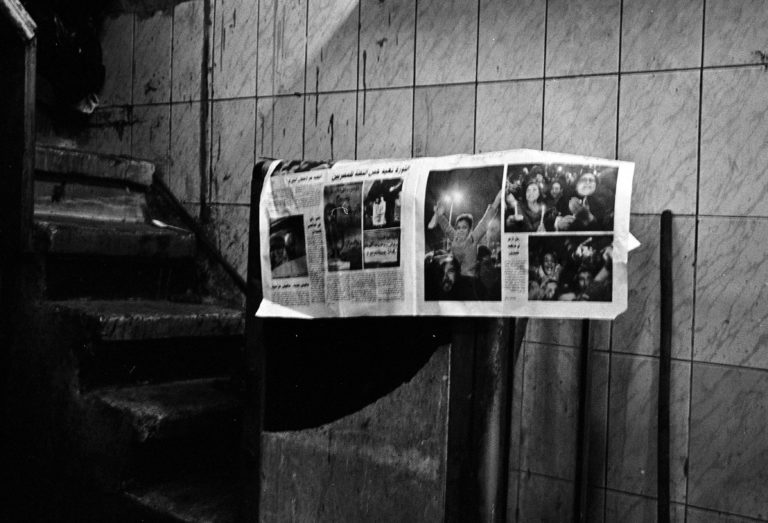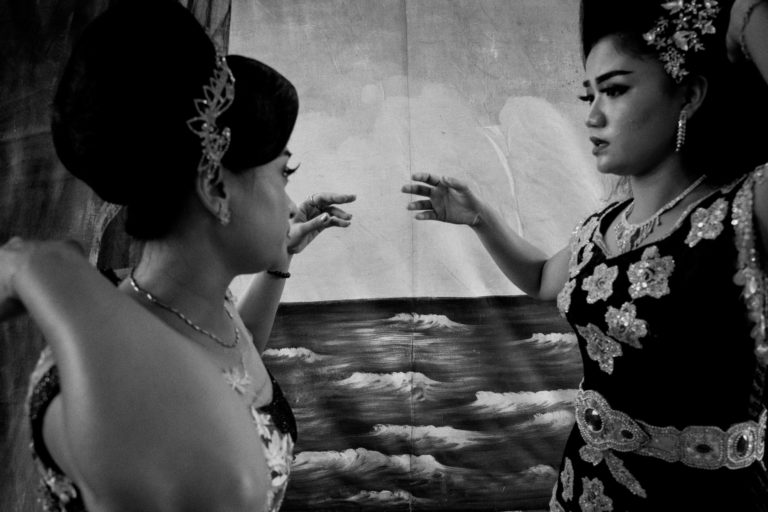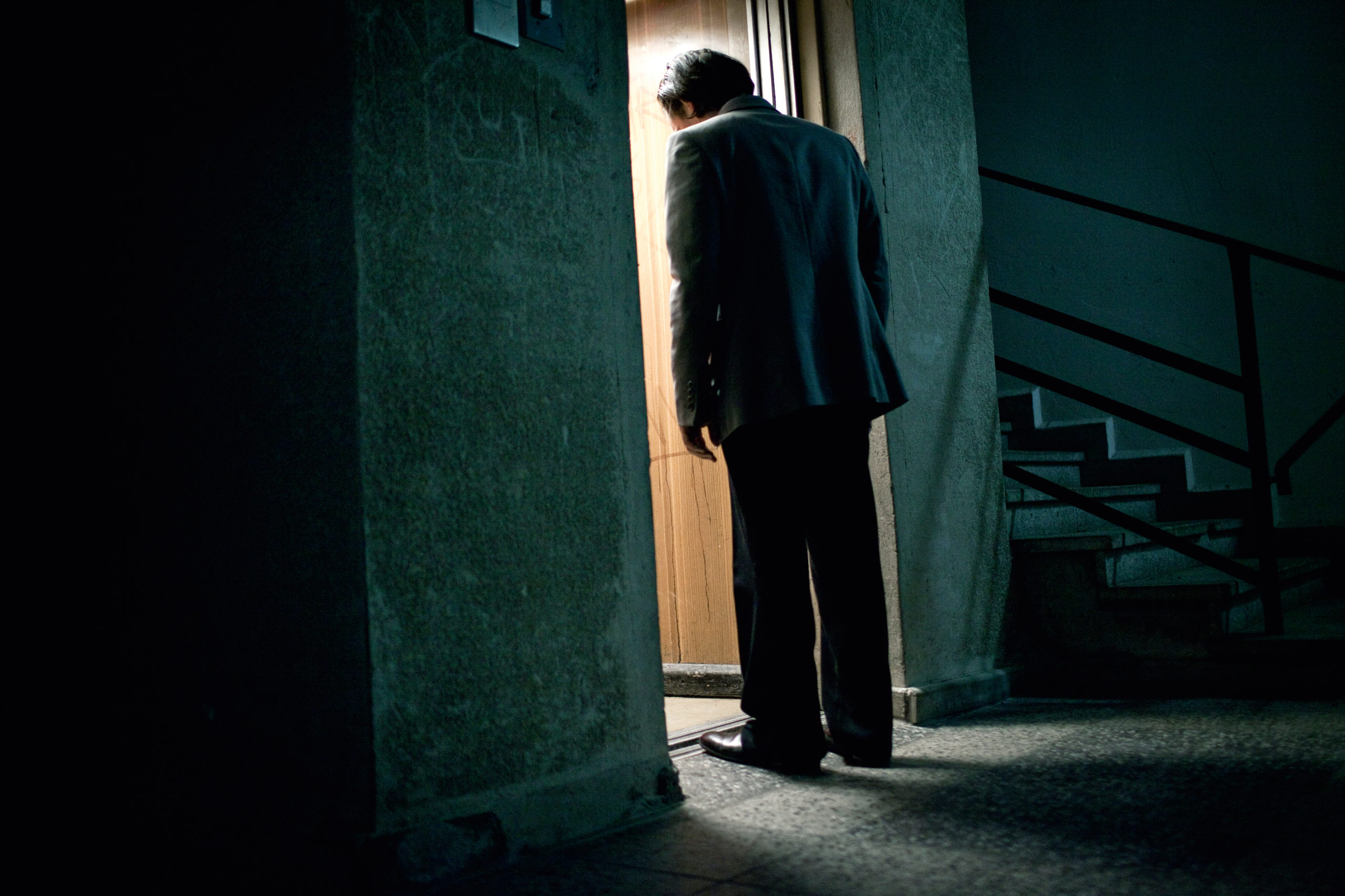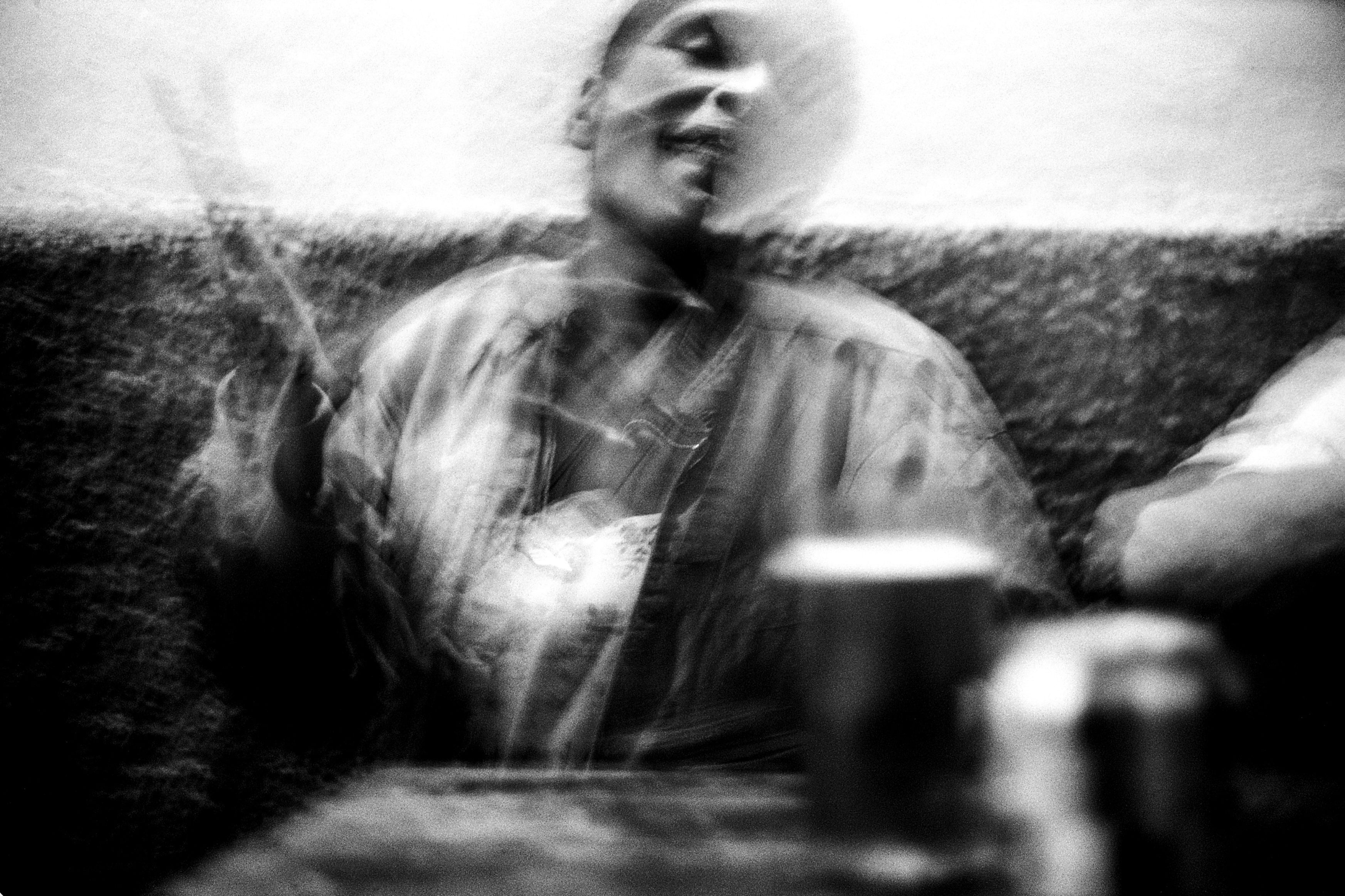West side of Tahrir square – Cairo, Egypt. 2011.
During the 18-day revolt, a concealed opening on one side of the egyptian revolution’ s epicenter unexpectedly hides a bar. The only bar in Tahrir Square that has never closed during the protests. Obviously the only thing you can have there, served in washed and re-washed plastic cups, is insipid coffee.
It has been my place,a place of rest, a place of discussion, a place that has adopted me.
“Irony (from the Ancient Greek εἰρωνεία eirōneía, meaning dissimulation or feigned ignorance) is a rhetorical device, literary technique, or situation in which there is a sharp incongruity or discordance that goes beyond the simple and evident intention of words or actions. There is presently no accepted method for textually indicating irony, though an irony (punctuation) mark has been proposed. Ironic statements (verbal irony) are statements that imply a meaning in opposition to their literal meaning. A situation is often said to be ironic (situational irony) if the actions taken have an effect exactly opposite from what was intended. The discordance of verbal irony may be deliberately created as a means of communication (as in art or rhetoric). Descriptions or depictions of situational irony, whether in fiction or in non-fiction, serves the communicative function of sharpening or highlighting certain discordant features of reality. Verbal and situational irony are often used for emphasis in the assertion of a truth. The ironic form of simile, used in sarcasm, and some forms of litotes emphasize one’s meaning by the deliberate use of language which states the opposite of the truth — or drastically and obviously understates a factual connection. In dramatic irony, the author causes a character to speak or act erroneously, out of ignorance of some portion of the truth of which the audience is aware. In other words, the audience knows the character is making a mistake, even as the character is making it. This technique highlights the importance of a particular truth by portraying a person who is strikingly unaware of it.”
